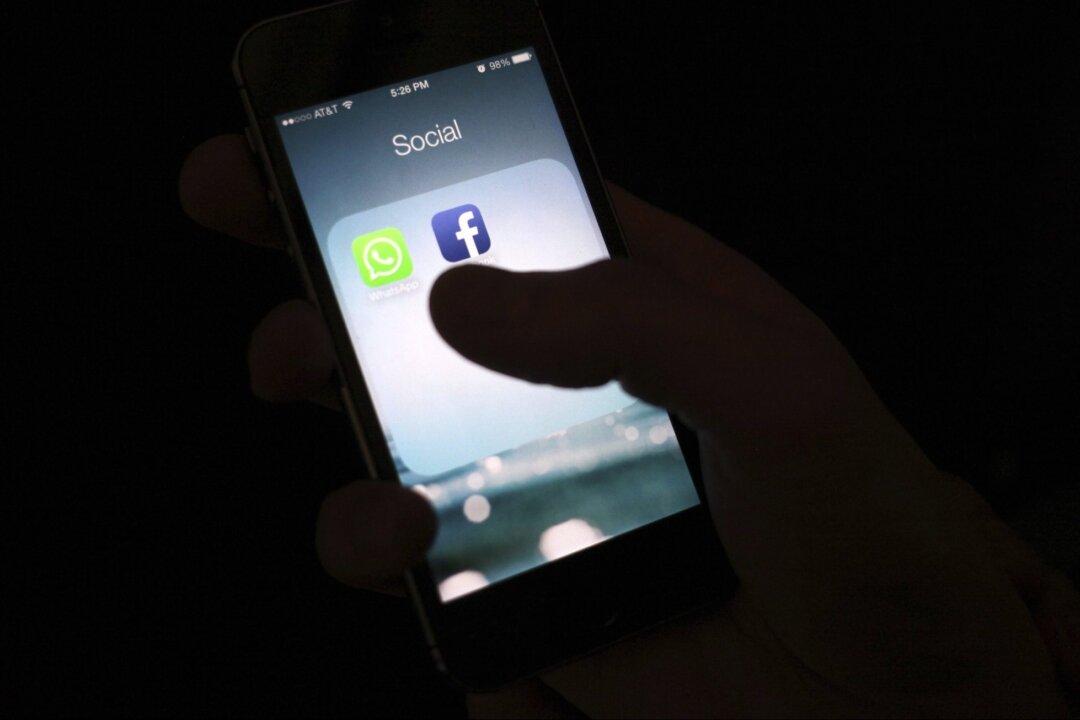Facial recognition technology, unbeknownst to citizens, is used in a variety of public settings, but some U.S. lawmakers say that the technology should not be deployed freely until security, privacy, and accuracy concerns can be mitigated and civil liberties guaranteed.
The House Committee on Oversight and Reform held a hearing on the use of facial recognition (FR) technology on Wednesday, the third in a three-part series. The hearings are an effort to understand the scope of how private and public companies are using this technology, so these companies can be held accountable to ethical standards.





